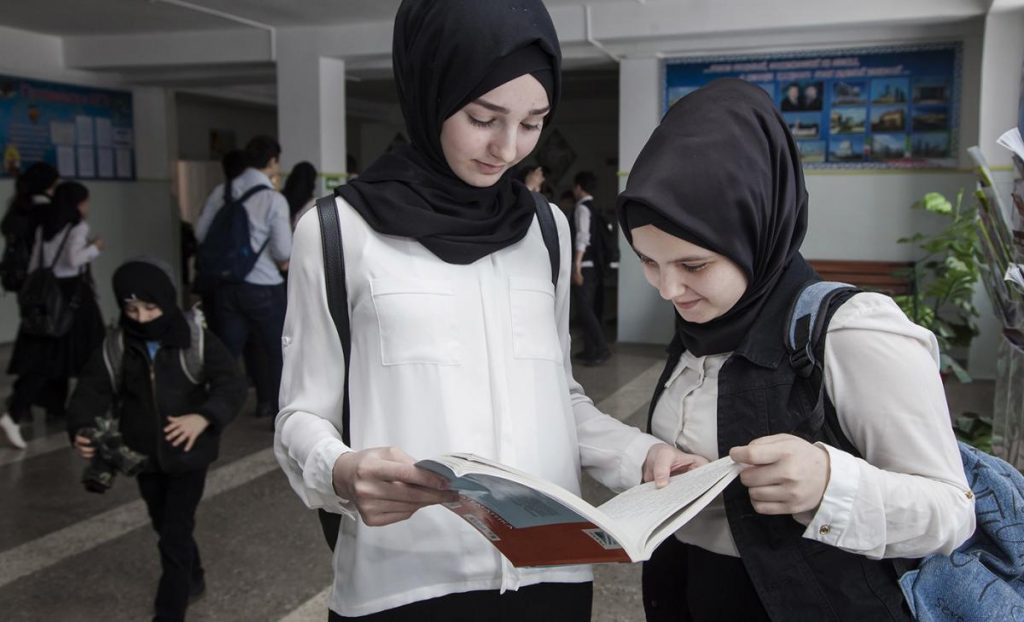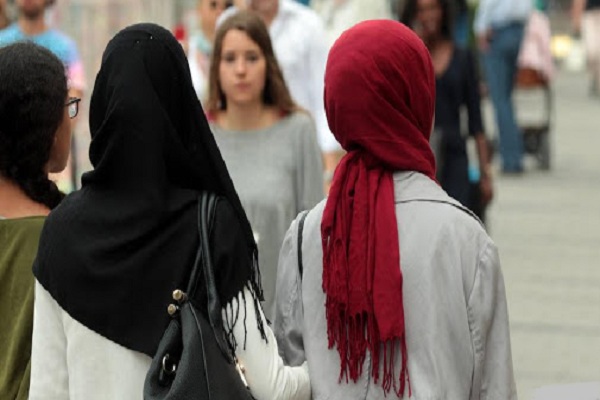France: Government to ban Muslim students from wearing abayas in state schools

Students in France’s state-run schools will be banned from wearing abayas, loose-fitting full-length robes worn by some Muslim women according to France’s education minister.
The rule will go into effect immediately after the new academic year begins on September 4.
France has a strict ban on religious signs in public schools and government facilities considering that they are in violation of the country’s secular laws.
Wearing a headscarf has been banned since 2004 in state-run schools.
“When you walk into a classroom, you shouldn’t be able to identify the pupils’ religion just by looking at them,” Education Minister Gabriel Attal told France’s TF1 TV, adding: “I have decided that the abaya could no longer be worn in schools.”
The decision was made following months of debate over the wearing of abayas in French schools.
The garment is being worn in schools more and more, causing a political rift over them, with right-wing parties calling for a ban while those on the left have expressed concerns for the rights of Muslim women and girls.
According to Mr. Attal, “secularism means the freedom to emancipate oneself through education.” He claimed the abaya is “a religious gesture, aimed at testing the resistance of the republic toward the secular sanctuary that school must constitute.”
Before the start of the new school year following the summer break, he promised to issue clear regulations at the federal level.

In 2010, France outlawed the public wearing of full face veils, which infuriated the country’s five million-strong Muslim population.
Since the 19th century, France has strictly banned all religious symbols, including large crosses and other Christian symbols, from being displayed in public schools in an effort to lessen the influence of the Catholic Church.
Abayas have not been outright outlawed, but the country has updated the law over time to reflect its shifting population, which now includes those wearing Jewish kippas and Muslim headscarves.
Source-BBC




